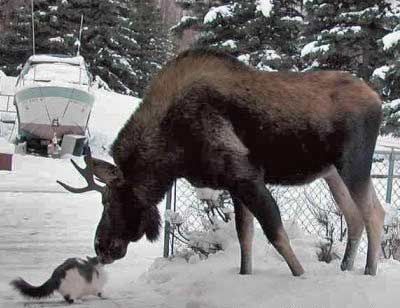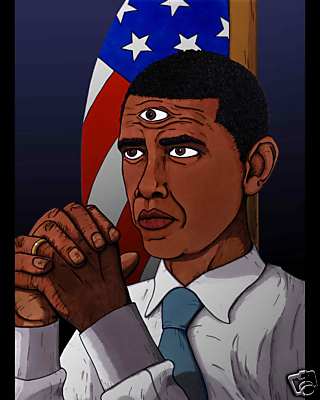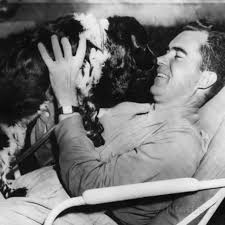(Guns and Butter):
June 30, 1966
President Johnson said today that US air strikes on military targets in North Vietnam will continue to impose a growing burden and a high price on those who wage war against the freedom of their neighbors.
The resolute tone of Mr Johnson’s remarks, made in a speech, indicated no wavering in his decision to step up the tempo of the war to convince North Vietnam that it cannot win and should seek to netotiate a settlement.
It was the President’s first pronouncement alluding to the important escalation of the war signaled by the US bombing raids yesterday on fuel dumps close to Hanoi and Haiphong. The tenor of the President’s remarks made it plain that he was unswayed by criticism of the raids in Congress and abroad.
In a broad-ranging speech, Mr. Johnson emphasized the perils posed by developing world food shortages and his hope that nations, no matter what their ideologies, could cooperate to end poverty, ignorance and disease.
He also urged Americans to stand fast behind his policy in Vietnam.
“If you are too busy and not inclined to help, please count to 10 before you hurt,” the President asked.
The President chose for his earlier speech a site calculated to underscore the peaceful intentions of the US: The Omaha Municipal Dock on the Missouri River.
Tied up there was a barage loaded with the five millionth ton of grain to be sent to India since emergency shipments began in January. Mr Johnson gave the signal [… lots of Butter …]
Mr. Johsnon declared that he was convinced that “after decades of war and threats of war, peace is more within our reach than at any time in this century.”
This is so, he said, because “we have made up our mind to deal iwth the two most common threats to the peace of the world.” These he said, are the desire of most people to win a better way of life and the design of some to force their way of life on others.
“Now if we ignore these threats or if we attempt to meet them only by the rhetoric of visionary intentions instead of good works of determination, I am certain that tyranny and not peace will be our ultimate fate,” Mr. Johnson declared.
[…]
The President devoted a major portion of his speech to outlining the basic reasons for the US commitment in Vietnam. He presumably was trying to allay the growing discontent reflected by public opinion polls.
He cited three basic reasons for the US presence in Vietnam:
The United States is obligated to help those whose rights are threatened by force.
South Vietnam is important to the security of the rest of “free Asia” where, shielded by the courage of the South Vietnamese, other nations “are driving toward economic and social development in a new spirit of regional cooperation.”
The outcome in South Vietnam will determine whether “ambitious and aggressive nations can use guerrilla warfare to take over their weaker neighbors.”
President Johnson dealt with the last point at considerble length, reflecting the Administration view that the war waged without traditional military fronts, was a difficult one for the American people to understand.
In 1965, the President said the Communists killed or kidnapped 12,000 South Vietnamese civilians.
“If, by such methods, the agents of one nation can go out and hold and seize power where turbulent change is occurring in another nation,” he declared, “our hope for peace and order will suffer a crushing blowas over the world it will be an invitation to the would-be conquerer to keep on marching. And that is why the problem of guerrilla warfare, the problem of Vietnam, is a very critical threat to peace not just in South Vietnam, but in all of this world in whcih we live.”
The purpose of the United States, Mr. Johnson said, “is to convince North Vietnam that this kind of aggression is too costly and cannot succeed.”
He said that the tide of war had started to turn against the North Vietnamese, but added this sober warning:
“No one knows how long it will take. Only Hanoi can be the judge of that. No one can tell you how much effort it will take. No once can tell you how much sacrifice it will take. No one can tell you how costly it will be. But I can and I do here and now tell you this: The aggression they are conducting will not succeed” […]
The Communists have shown no sign of wanting to negotiate, he said, and they believe that political disgreement in Washington and confusion and doubt in the United States will give them victory. “They are wrong,” the President added.



